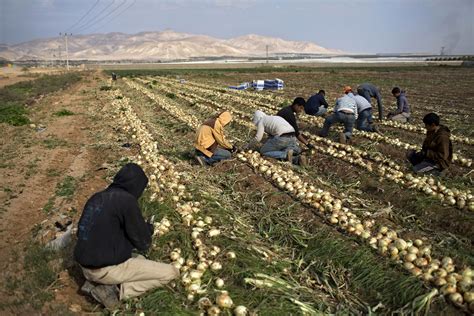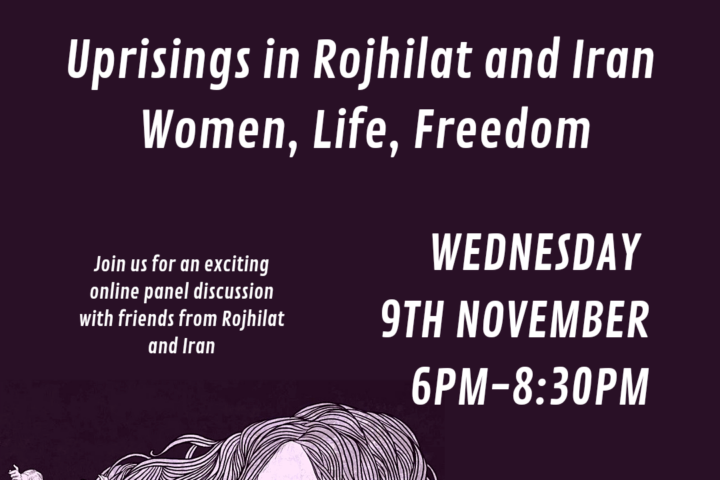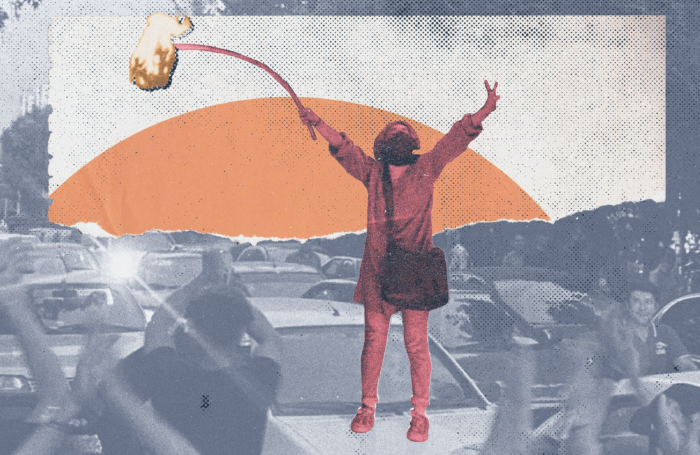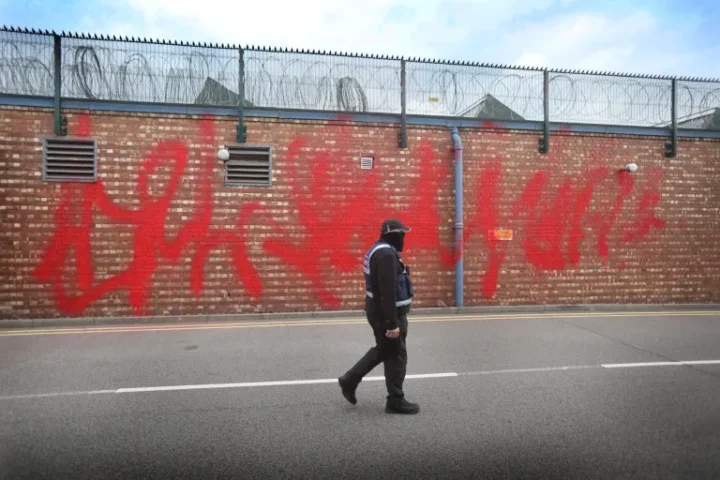Jordan Valley Solidarity is promoting an initiative to help farmers in the Jordan valley to cope with the obstacles and challenges caused by the Israeli occupation with the aim of evacuating and displacing people from their land.
Actions undertaken by Israeli authorities against Palestinians include buildings demolition, deprivation of water resources used by farmers and families, confiscation of land, attacks on education and health rights, cutting and poisoning fruit trees. Moreover, Israeli institutions prevent Palestinians from building any vital infrastructure such as roads and hinder shepherds from grazing their animals in their own land.
The aim of many of these policies is to crush farmers’ economy, so to force Palestinians to leave their land and search for jobs far from their villages and homes, moving to Palestinians cities as well as Israeli settlements.
The farmers with whom we wish to work have proven their willingness to preserve their land, despite the scarcity of resources. Hence, in collaboration with farmers and livestock breeders, we have decided to start a campaign to buy a truck to transport cheese and vegetables from villages and communities where there are no cars to selling points outside the valley. A committee of five people has already been individuated to manage and develop the project. The price of the truck is 20.000 dollars.
An new truck to help producers would allow to bypass car owners who hold a monopoly on trade and transportation in the Jordan valley. These intermediaries take advantage of small farmers by demanding excessively high prices to transport or sell their products to the cities. For instance, a kilo of cheese used to be sold for 16 NIS; this year, it went down to 10 NIS due to the exploitation of car owners.
So far, official authorities hasn’t taken any action to solve this problem.
In the Jordan valley, livestock breeders (who breed sheep, goats and cows) depend for their livelihood on producing cheese and selling it in Palestinian cities, which are located far away from the valley. Cheese production is also an important source of revenue for Palestinian women, as they are responsible for the manufacturing phase.
This project will support more than 15 families. The truck will be also used to transport sheep feed or any other material needed by the farms from the cities, as there are very few shops in the area, so that people are usually forced to contact private and expensive cars.
In particular, the project will support those farmers who still work in their land and depend on different types of agricultural products, such as rainfed crops like wheat and barley, and irrigated crops, such as zucchini, cucumbers, olives, grapes and various trees.
The project will serve many farmers from different villages in the Jordan valley: Khirbet Hammamat, Al-Malih, Al-Hadidiyeh, Makhoul and the villages of Bardala, Ain Bada, Kordala, Fasayil and Al Jiftilk.
The aim of the initiative is to reverse the migration flow, which is gradually emptying the countryside of its inhabitants, who are forced to seek for better economic conditions in few and overcrowded Palestinian cities. We hope this to become a pioneering initiative, which others will soon follow. As such, the project has immediately received great welcome from everyone. The local families we work with all the partners, as well as many activists in the region, are ready to support it and make it a successful initiative, as they are aware of the project’s importance and its potential benefits in the short and the long term.
We have also decided to document the initiative in a short film to be published. This will help creating a new model of initiative to support Palestinians in a very concrete way, that can be replicated in the future by other institutions and solidarity communities. By replicating this model initiative we will be able to ease the commercialization of farmers’ products, increase the production, create job opportunities and ultimately re-affirm the willingness on Palestinians to remain in their land.
As Jordan Valley Solidarity, we thank all the friends and supporters who will help us to implement this important project.




